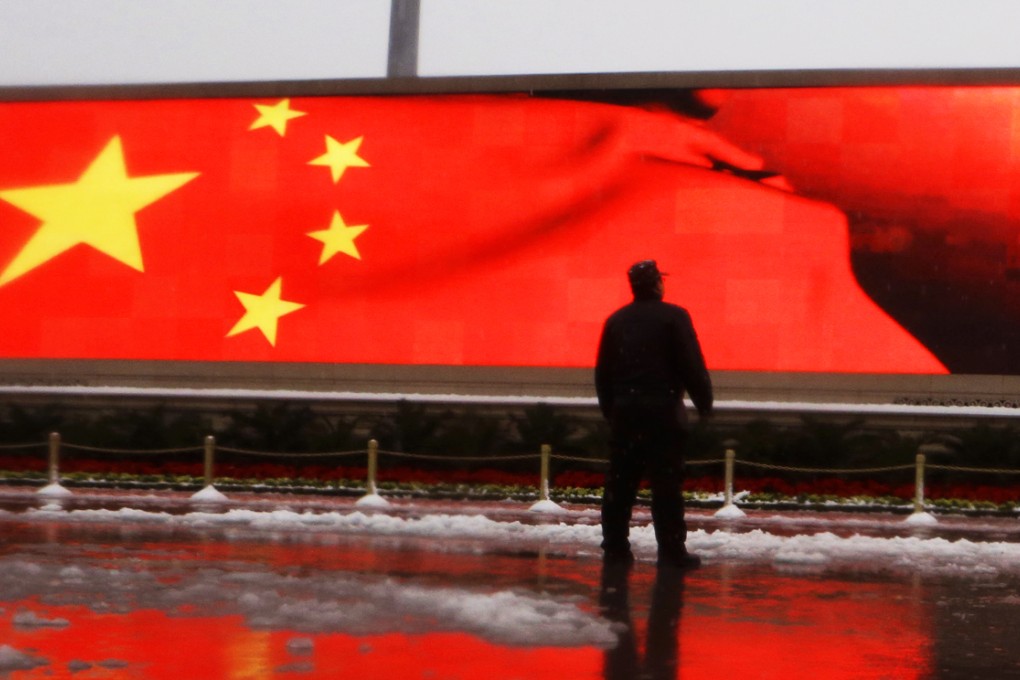Party mouthpiece accuses artists of colluding in graft
Party mouthpiece says cultural figures are befriending powerful and wealthy in possible sign crackdown could broaden to new targets

A signed commentary in People's Daily warned that an increasing number of celebrated artists and cultural intellectuals were using their fame to collude in corruption with the powerful and the wealthy.
The warning by the Communist Party's flagship newspaper on Monday could point to a widening of the anti-graft campaign to include the cultural and entertainment sectors.
It said that some famous cultural intellectuals and artists were acting as co-conspirators in corruption scandals.
"They use their names to befriend both the powerful and the wealthy, and make themselves middlemen," it said.
"That is co-conspiracy among the powerful, the wealthy and the cultural intellectuals," it added.
Recent reports have suggested that cultural products, such as modern and traditional artworks, were becoming popular "gifts" to buy corrupt officials.
Analysts said the cultural and show business sectors had come under the spotlight after party investigators discovered that famous calligraphers, musicians and artists had been tied to corruption scandals.